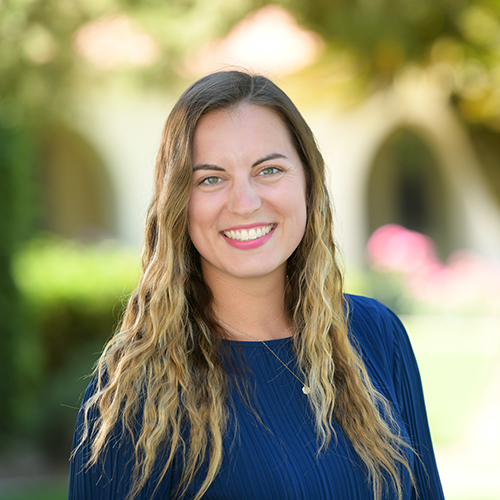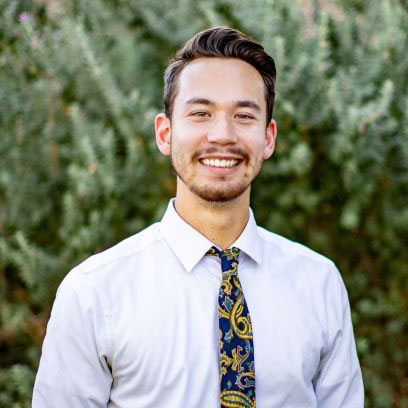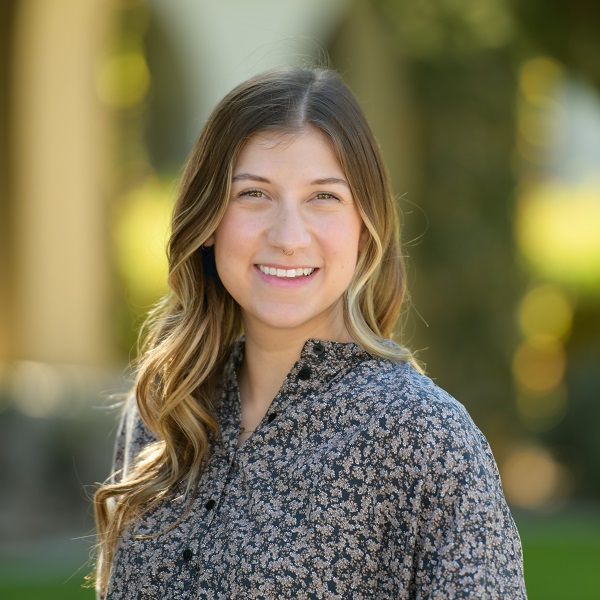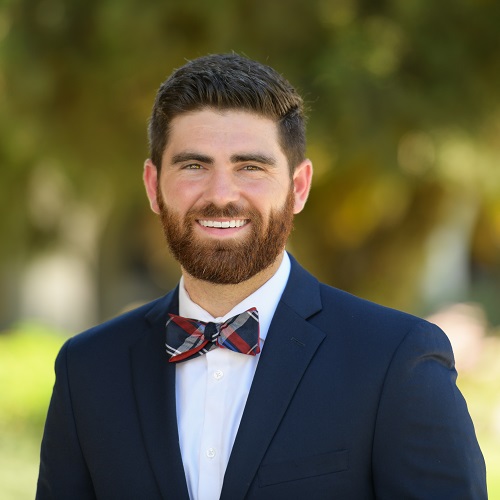
Visa Information
Once you have been accepted to CBU and have submitted proof of financial support, we will send you a welcome packet containing your acceptance letter and I-20. An email will also be sent to you with tracking information for your package. At this time, you can schedule a visa interview!
Types of Visas
F1 – Traditional Student Visa
J1 – Exchange Student Visa
SEVIS Fee
Students who will apply for an F or J visa are required to pay the SEVIS fee. The SEVIS fee is established by the Department of Homeland Security. In order to pay the SEVIS fee, students will need their I-20 or DS-2019.
We recommend that a student pay the SEVIS fee at least 3 days prior to the visa appointment at the US embassy or consulate.
To pay the SEVIS fee, go to the SEVIS fee processing website.
SEVIS Transfers
Students who are currently studying in the US on a student visa will need to complete an I-20 Transfer Form after they have been accepted and financially cleared with CBU.
Visa Tips
Before attending your mock interview, watch this video and read these visa tips.
1. Explain ties to your home country.
Under US law, all applicants for non-immigrant visas are viewed as intending immigrants until they can convince the consular officer that they are not. You must therefore be able to show that you have reasons for returning to your home country that are stronger than those for remaining in the United States. "Ties" to your home country are the things that bind you to your hometown, homeland or current place of residence: job, family, financial prospects that you own or will inherit, investments, etc. If you are a prospective undergraduate, the interviewing officer may ask about your specific intentions or promise of future employment, family or other relationships, educational objectives, grades, long-range plans and career prospects in your home country. Each person's situation is different, of course, and there is no magic explanation or single document, certificate or letter, which can guarantee visa issuance.
2. Speak in English.
Anticipate that the interview will be conducted in English and not in your native language. One suggestion is to practice English conversation with a native speaker before the interview. If you are coming to the United States solely to study intensive English, be prepared to explain how English will be useful for you in your home country and what you have already done to show you are a bona fide student (e.g. English classes in your home country).
3. Speak for yourself.
Do not bring parents or family members with you to the interview. The consular officer wants to interview you, not your family. A negative impression is created if you are not prepared to speak on your own behalf. If you are a minor applying for a high school program and need your parents there in case there are questions, for example, about funding, they should wait in the waiting room.
4. Know the program and how it fits in your career.
If you are not able to articulate the reasons you will study in a particular program in the United States, you may not succeed in convincing the consular officer that you are indeed planning to study, rather than to immigrate. You should also be able to explain how studying in the United States relates to your future professional career when you return home.
5. Be concise.
Because of the volume of applications received, all consular officers are under considerable time pressure to conduct a quick, efficient interview. They must make a decision, for the most part, on the impressions they form during the first minute or two of the interview. Consequently, what you say first and the initial impression you create are critical to your success. Keep your answers to the officer's questions short and to the point.
6. Keep any supplemental documentation short.
It should be clear at a glance to the consular officer what written documents you are presenting and what they signify. Lengthy written explanations cannot be quickly read or evaluated. Remember that you will have 2–3 minutes of interview time, if you're lucky.
7. Explain that you are not seeking employment in US.
Your main purpose of coming to the United States should be to study, not for the chance to work before or after graduation. While many students do work off-campus during their studies, such employment is incidental to their main purpose of completing their US education. You must be able to clearly articulate your plan to return home at the end of your program. If your spouse is also applying for an accompanying F-2 visa, be aware that F-2 dependents cannot, under any circumstances, be employed in the United States. If asked, be prepared to address what your spouse intends to do with his or her time while in the United States. Volunteer work and attending school part-time are permitted activities.
8. Explain why dependents are remaining at home.
If your spouse and children are remaining behind in your country, be prepared to address how they will support themselves in your absence. This can be an especially tricky area if you are the primary source of income for your family. If the consular officer gains the impression that your family members will need you to remit money from the United States in order to support themselves, your student visa application will almost certainly be denied. If your family does decide to join you at a later time, it is helpful to have them apply at the same post where you applied for your visa.
9. Maintain a positive attitude.
Do not engage the consular officer in an argument. If you are denied a student visa, ask the officer for a list of documents he or she would suggest you bring in order to overcome the refusal. You will receive a letter stating the section of the law under which you were refused. If it says 214(b), it means that the consular official was not convinced of your non-immigrant intent.
NAFSA would like to credit Gerald A. Wunsch, esq., 1997, then a member of the Consular Issues Working Group and a former US Consular Officer in Mexico, Suriname and the Netherlands and Martha Wailes of Indiana University for their contributions to this document. NAFSA also appreciates the input of the US Department of State.
Schedule a Mock Interview
Once you have scheduled a visa appointment, schedule a mock interview with your counselor below!

Daphne Kieling
Senior International Admissions Counselordkieling@calbaptist.edu Office: +1.951.343.4481 Cell: +1.951.386.6632 Serves Africa, Middle East & South Asia
Schedule a mock interview with me!

Joshua Daily
Senior International Admissions Counselor
jdaily@calbaptist.edu
Schedule a mock interview with me!

Rachel Fouts
International Admissions Counselorrfouts@calbaptist.edu
Office: +1.951.552.8516 Cell: +1.951.215.1740 Serves the Americas, Europe, and athletes
Schedule a mock interview with me!

Joseph Gemignani
Director of International Admissions
jgemignani@calbaptist.edu
Schedule a mock interview with me!
